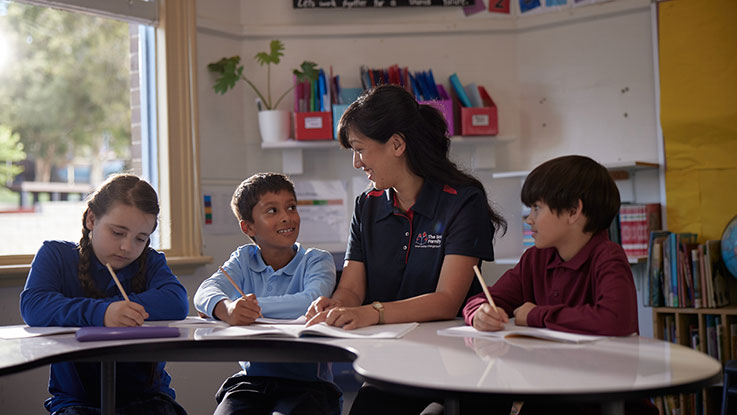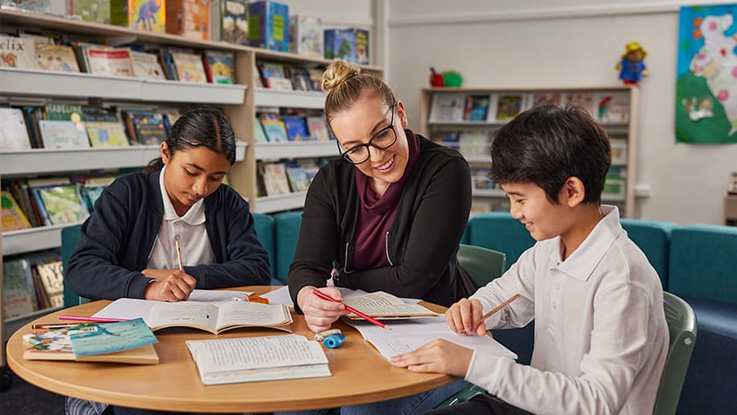
School refusal: tips to support your child's return to school
Knowing what to do when your child refuses to go to school can be hard. Here are some tips to help you.
- Figure out the reasons
Understand why your child doesn't want to attend school. It might be because they are anxious, having trouble with friends, having academic worries, bullying, or facing other problems.
- Create a good routine
Set a regular schedule for waking up, getting ready, and coming home from school. This routine can make things feel more predictable and less stressful.
- Be supportive
Offer encouragement and praise when your child goes to school. Focus on their achievements and efforts.
- Work with the school
Talk to teachers and staff about how to make the school a better place for your child.
- Listen and understand
Make sure your child feels like they can talk to you about their feelings. Listen without judging, and let them know you understand.
- Connect with the school
Build a good relationship with your child's teachers and attend school events to stay informed about their progress and any issues they may face.
- Provide rewards
Give your child small rewards for attending school, like praise, extra privileges, or small treats.
- Seek professional help
If the problem persists and causes significant distress, consult a therapist or counsellor specialising in school refusal.
- Stay patient
Remember that it might take time for your child to get comfortable regularly attending school. Be patient and understanding throughout the process.
Helping your child go to school regularly can be challenging and takes time. It's really important to team up with their school and experts, adjust strategies for your child's needs, and create a loving, safe place for them to feel better about going to school and face their worries.
We are here for you!

Your Family Partnership Coordinator is here to support you through each stage of your child's educational journey.
They can support you to problem-solve any challenges that may come up that affect your child's education.
They can also connect you to educational support programs or services in the community if you decide that's what you need.
You can find your Family Partnership Coordinator's contact details in My Smith Family.
End of article


